Certifications
Service-Disabled Veteran Owned Small Business (SDVOSB)
SDVOSB stands for Service-Disabled Veteran-Owned Small Business. It’s a program that was created by the Veterans Benefits Act of 2003 to help small businesses owned and operated by service-disabled veterans compete for federal contracts.
To qualify as an SDVOSB, a business must meet the following criteria:
- Be classified as a small business concern
- Be at least 51% owned by one or more veterans
- Have management and daily business operations controlled by one or more veterans or service-disabled veterans
Benefits of SDVOSB certification include:
- Set-aside contracts; At least 5% of federal contracting dollars are set aside for certified SDVOSBs each year.
- Sole-source contracts SDVOSBs can compete for sole-source contracts.
- Socio-economic programs
SDVOSB’s can compete for contracts under other qualifying socio-economic programs.
• Department of Defense (DoD) outreach
The DoD has an outreach program to identify SDVOSBs and improve their opportunities for prime and subcontracting

Veteran Owned Small Business (VOSB)
A Veteran-Owned Small Business (VOSB) is a small business that is at least 51% owned by one or more veterans:
The business must also be managed and operated daily by one or more veterans, or by the spouse or permanent caregiver of a veteran who is permanently and severely disabled, the business must qualify as “small” for federal business size standards
A business can also qualify as a Service-Disabled Veteran-Owned Small Business (SDVOSB) if at least 51% of the business is owned and controlled by one or more veterans who are rated as service-disabled by the VA. All SDVOSBs are also recognized as VOSBs.
To be awarded a VOSB or SDVOSB set-aside or sole source contract, a business must be certified as a VOSB or SDVOSB.
Benefits of VOSB certification include:
- Access to SBA tools for preparing for federal procurement
- Connecting with commercial supply chains
- Meeting the local business community
- Purchasing surplus federal property
- Accessing capital
- Mitigating disaster damage
The U.S. Department of Veterans Affairs (VA) offers programs to help veteran business owners, including:
- Locating government and corporate opportunities
- Providing loans of up to $2 million to cover operating costs
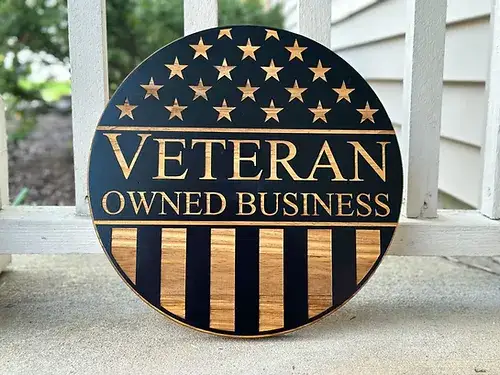
Disabled Veteran Business Enterprise (DVBE)
A Disabled Veteran Business Enterprise (DVBE) is a business that meets the following requirements:
- At least 51% of the business is owned by one or more disabled veterans
- One or more disabled veterans manage and control the day-to-day operations of the business
- The business’s home office is located in the United States
- The business is not a branch or subsidiary of a foreign corporation, firm, or other foreign-based business
To be certified as a DVBE in California, the disabled veteran must also:
- Be a California resident
- Have a service-connected disability of at least 10% or more
- Be an honorably discharged veteran of the U.S. Military, Naval, or Air Services
The State of California Office of Small Business and DVBE Services (OSDS) reviews and certifies DVBEs.
The DVBE Program was established in 1989 to:
- Acknowledge California disabled veterans for their service and sacrifice to the state
- Promote competition
- Encourage greater economic opportunity for DVBE contractors
State-certified DVBEs are eligible for the state’s DVBE Participation Program, which aims to use DVBEs in at least 3% of the state’s annual contract dollars.

Disadvantaged Business Enterprise (DBE)
A Disadvantaged Business Enterprise (DBE) certification is a federal program that helps small businesses owned by socially and economically disadvantaged individuals participate in federally-assisted contracts:
Purpose
The DBE program aims to:
- Increase the participation of certified DBEs in federally-funded projects
- Remedy and address discrimination
- Ensure that firms competing for DOT-assisted contracts are not disadvantaged by unlawful discrimination
• Eligibility
To be eligible for DBE certification, a business must:
- Be a small business, meeting SBA size criteria
- Have average annual gross receipts that do not exceed the DBE size limit
- Have at least 51% ownership and control by socially and economically disadvantaged individuals
Certification process
To receive DBE certification, a business must apply through the relevant state’s Unified Certification Program (UCP).
• Responsibilities
State and local transportation agencies are responsible for:
- Certifying the eligibility of DBE firms
- Establishing goals for the participation of disadvantaged entrepreneurs
• Program oversight
The U.S. Department of Transportation (DOT) is responsible for:
- Developing rules and regulations for the program
- Providing guidance and conducting oversight to ensure that the rules and regulations are followed
- The DBE program was established in 1982 by the U.S. Congress.
- Disadvantaged Business Enterprise (DBE) Program | US Department of Transportation Nov 25, 2022
DBE Certification Information –
- The disadvantaged individual must be a U.S. citizen (or resident alien) and be a member of a socially and economically disadvantage.
The firm must be a for-profit small business where socially and economically disadvantaged DBE owner(s) own at least a 51% interest, and have managerial and operational control of the business operations; the firm must not be tied to another firm in such a way as to compromise its independence and control.

Women Business Enterprise (WBE)
A Women Business Enterprise (WBE) is a business that is at least 51% owned, operated, and controlled by one or more women who are U.S. citizens or legal residents:
- The business is located in the United States
- A woman or group of women control the governing board
- A woman is the top executive officer
WBEs are typically certified by a third-party, city, state, or federal agency. The Women’s Business Enterprise National Council (WBENC) is a well-known organization that offers WBE certification:
- Certification process
The WBENC certification process is rigorous and includes a review of business documentation and a site visit. - Certification fee
The processing fee for new applications and recertification is based on annual gross revenue. - Benefits of certification
Certification can help businesses get new opportunities, access resources, and connect with networks. - Programs and events
The WBENC offers programs and events to support business development and growth, including executive education programs and networking opportunities.
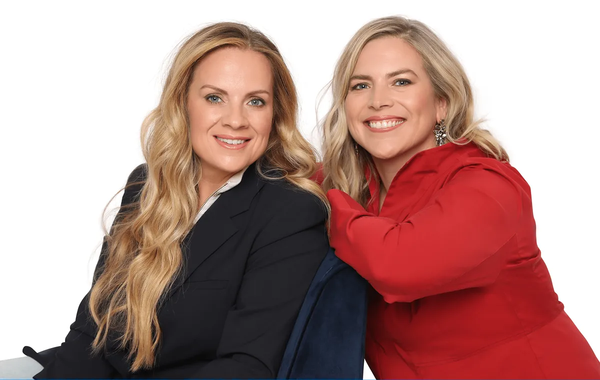
Woman Owned Small Business (WOSB)
A Women-Owned Small Business (WOSB) is a small business that is at least 51% owned and controlled by women who are United States citizens. To be eligible, a WOSB must also meet the following requirements:
- A woman must manage the day-to-day operations
- A woman must make long-term decisions for the business
- A woman must hold the highest officer position in the business
- A woman must work at the business full-time during normal working hours
The WOSB Federal Contract Program helps WOSBs compete for federal contracts by:
- Setting aside contracts for WOSBs in industries where they are underrepresented
- Working with federal agencies to increase contracting opportunities
- Achieving the government’s 5% contracting goal for WOSBs
Benefits of the WOSB program include:
- Sole source, non-compete contracting opportunities
- More bid opportunities and subcontracting opportunities
- Increased visibility in the federal marketplace
To apply for WOSB certification, you’ll need to provide:
- Three years of personal tax returns and all schedules
- Three years of business tax returns and all schedules
- Three years of W-2s, 1099s, or a letter of explanation of the source of impacted reflected on their personal tax return
- An IRS Verification of non-filing Letter (VNF) for any year which taxes have not been filed
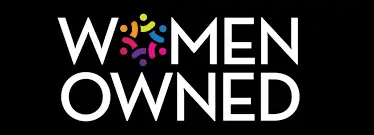
Economically Disadvantaged Woman Owned Small Business (EDWOSB)
An Economically Disadvantaged Women-Owned Small Business (EDWOSB) is a women-owned small business (WOSB) that meets certain requirements for economic disadvantage:
- Ownership: At least 51% of the business is owned by women who are U.S. citizens
- Management: An economically disadvantaged woman manages the day-to-day operations, makes long-term decisions, and holds the highest officer position
- Personal net worth: Each woman owner has a personal net worth of less than $850,000
- Personal net worth: Each woman owner has a personal net worth of less than $850,000
- Personal assets: Each woman owner has personal assets of $6.5 million or less
The EDWOSB certification is part of the Women-Owned Small Business (WOSB) program, which aims to:
- Provide opportunities for women-owned businesses to compete for federal contracts
- Promote and support the growth of women-owned businesses in the US economy
- Create a level playing field for women business owners
The government allocates 5% of its prime and subcontract dollars to (ED)WOSBs. The Small Business Administration (SBA) maintains a list of eligible industries and their NAICS codes.

Minority Business Enterprise (MBE)
A Minority Business Enterprise (MBE) is a for-profit business that is at least 51% owned, managed, and controlled by members of a qualified minority group.
To be considered a member of a qualified minority group, a person must be a United States citizen who is: Asian-Indian, Asian-Pacific, Black, Hispanic, and Native American.
Some states and regions offer financial benefits to MBE-certified businesses, such as tax breaks and grant opportunities. These incentives can help with expansion, investing in new technologies, and daily operational costs.
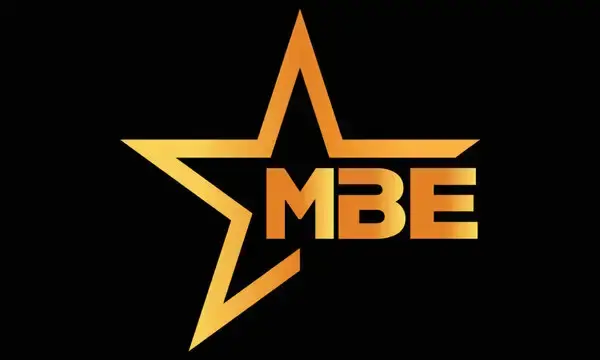
HubZone
A Historically Underutilized Business Zone (HUBZone) is an economically distressed area of the United States where the Small Business Administration (SBA) helps small businesses grow. The SBA defines HUBZones using data on income and unemployment. HUBZones include:
- 7,000 urban census tracts
- 900 rural counties
- Lands within the boundaries of an Indian Reservation
The SBA’s HUBZone program aims to promote economic development in these areas by:
- Providing contracting assistance to small businesses
• Limiting competition for certain contracts to HUBZone-certified businesses
• Giving HUBZone-certified businesses a 10% price evaluation preference in open contract competitions.
To be eligible for the HUBZone program, a business must: Meet the SBA’s criteria for business size and be headquartered in a HUBZone.
To get HUBZone certified, a business must: Complete and authorize an application, submit all required documents, Have payroll records available, Verify employee residency, and Submit job descriptions and other documents. Businesses must recertify annually and complete a program examination every three years.
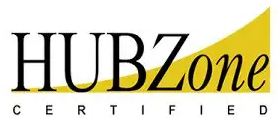
Small Business Enterprise (SBE)
A Small Business Enterprise (SBE) is a business that meets specific economic and ownership criteria, as defined by federal and state guidelines. The purpose of SBE certification is to make state and federal contracts and opportunities available to small businesses without discrimination.
Eligibility requirements for SBE certification vary by state and the funding source of the project. For example, the United States Small Business Administration (SBA) defines the certification standards for federally funded projects, while the California Department of General Services (DGS) defines the standards for state-funded projects.
Some common requirements for SBE certification include:
- Being independently owned and operated
• Having a certain number of employees
• Having a certain amount of annual revenue
• Being incorporated or registered with the appropriate government body
The certification process usually involves completing an application and/or registration with the certifying government body.
Benefits of SBE certification include:
- Tax breaks and incentives for businesses that procure certified SBEs
• Increased contracting opportunities for local businesses
• Greater job availability for local businesses
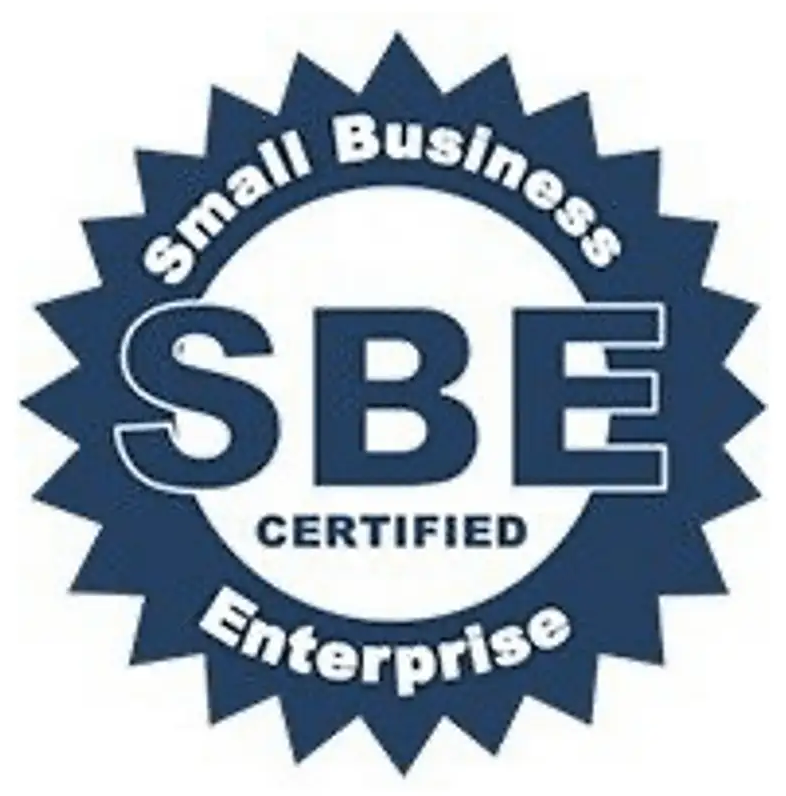
Quick Links
Contact Info
- 213-261-5450
- 866-647-6969
- [email protected]
- 5319 University Drive Ste 10086, Irvine CA 92612
